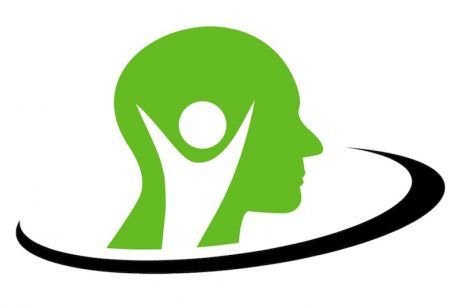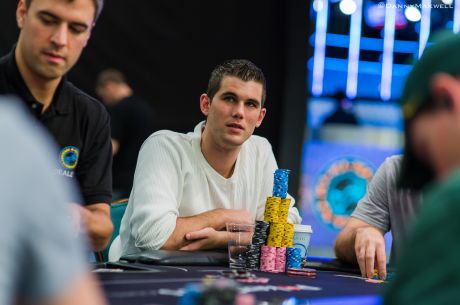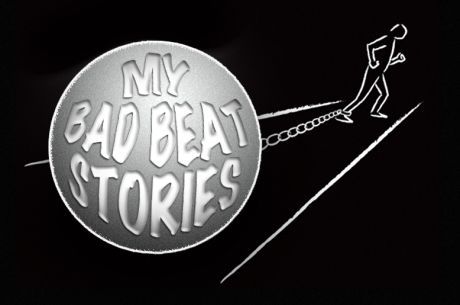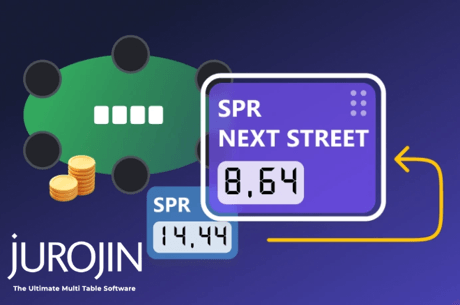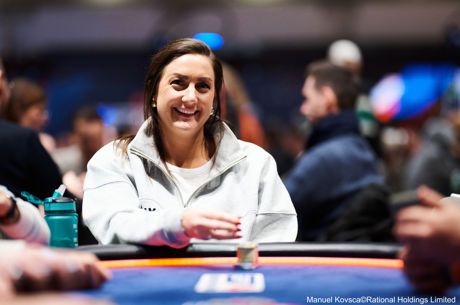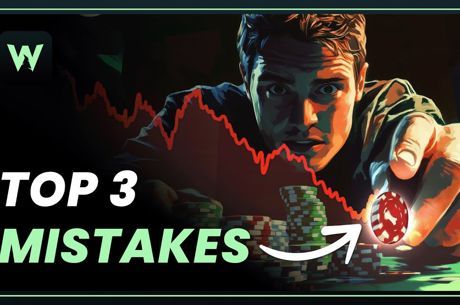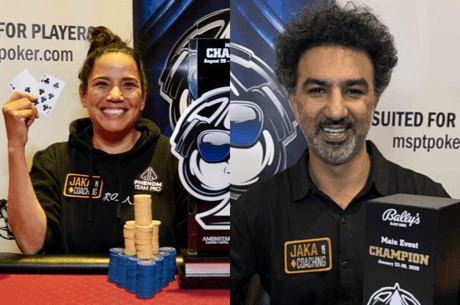Deliberate Practice: Four Steps to Improve Your Poker Game

In a previous article, I discussed the link between having a gritty personality and poker success. Those who are high in grit will persevere for long periods of time at their passion. They have a ton of “stick-to-it-ive-ness” and are able to focus on a singular topic for long periods of time.
But saying you need to be able to persevere is one thing. How exactly should you be persevering? On what should you be focusing — and what should you be doing — in order to improve your poker performance?
K. Anders Ericsson is considered the world’s foremost expert on what it takes to become a world expert. He has studied world class musicians, chess players, and athletes to find out the process to become elite. As it turns out, the formula for success is remarkably similar no matter the domain. (Coincidentally, I was contacted by his office as they are interested in studying poker players!)
So what is it that world class performers do that their lesser counterparts do not? It is something called deliberate practice.
Most of us practice, but deliberate practice is not the same as ordinary, run-of-the-mill practice. It has several features that set it apart, and it turns out that the quality of your practice is more important than sheer quantity. Ericsson’s findings show quite clearly that expert level performance is the result of expert level practice. He also stresses that anyone can attain world class levels, regardless of natural ability, provided that they consistently and deliberately practice.
This is the good news. Now for the bad.
Deliberate practice is different from the simple repetition of a task. For it to work, it must have the following four characteristics:
1. Your practice must focus on a very specific aspect that you are trying to improve
For example, you should work on one specific kind of poker problem or issue at a time. Once you have mastered the basics, don’t go for general study as it will do you little good. You must have very specific and concrete goals for each study session.
2. The challenge of your study must exceed your skill level
There is a human tendency to work on things that come easy to us, but that’s not the kind of practice that will yield improvement. You should push yourself. This will feel unnatural because in general people don’t like doing things that are hard for them. It takes you out of “flow” which is a very pleasant psychological state.
3. There should be immediate, accurate feedback
This can be a major challenge in poker because there is often a lag between our performance and when we get feedback. You should be doing hand reviews, but these occur after a session. Also, sometimes you get rewarded in poker for doing the wrong things and punished for doing the right things! It’s not like playing a piece of music where hitting a sour note is obvious and you can replay the note until you get it right.
4. Repetition, repetition, repetition
You can’t become “fluent” until you have repeated each skill many times. Your goal is to repeat a skill so many times that it becomes unconsciously automatic. Once you get to this level, standard lines become so instinctive that you can more easily look for altering lines and make adjustments.
If all of this sounds like a tall order to you, it is. Not being able to commit to the work required by deliberate practice is the main reason why few people attain world class status in any field.
I’d like to leave you with a few bits of advice if you are just starting out in the game and have hopes of becoming a top level player.
First of all, you cannot go from a shaky foundation to elite status. Make sure that you have mastered the fundamentals. Once you’ve mastered them, work on them some more. Your goal is to reach perfection. Also, don’t be tempted to move through the material too quickly. It takes a minimum of 10,000 hours of deliberate practice to reach elite status and 20,000-plus hours is actually preferable.
Finally, keep in mind that deliberate practice is taxing. It takes a ton of mental power to concentrate fully on improving. That’s why even the elite only spend 2-3 hours a day doing deliberate practice. I’m not going to lie to you, there’s a certain amount of drudgery involved in learning at this level, but if you want to join the top ranks, there is no way around it.
Engage in deliberate practice often and over a long period of time your brain will physically reshape itself into that of a world class poker player!
Photo: “Lights of Ideas,” Saad Faruque. Creative Commons Attribution ShareAlike 2.0 Generic.
Dr. Tricia Cardner is the author of Positive Poker with Jonathan Little, available in paperback, audio, and e-book formats via D&B Poker as well as through the PokerNews Book Section. Follow her on Twitter @DrTriciaCardner.
Get all the latest PokerNews updates on your social media outlets. Follow us on Twitter and find us on both Facebook and Google+!

